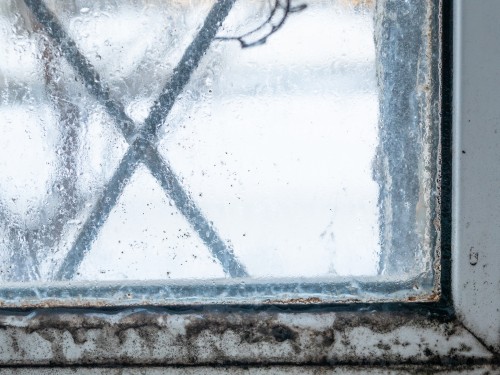Locations used for the growth and production of cannabis, legal or otherwise, are sometimes referred to as “grow-ops”. People are often surprised to learn that many residential buildings have been used at some point or another in their history as a grow-op, with some estimates being as high as 1 in 4 in some regions of BC. These locations can remain contaminated for ten years, or sometimes more. Mold is a significant concern in these buildings. The dangerous toxins caused by mold do not merely disappear; naturally, they must be removed for an area to made safe again. While a larger and long-term set-up may cause more overall damage, size and scale may be less important than you might think. A small set-up that was only in operation for a few days can still be dangerous for a variety of reasons. Both individual homeowners and landlords are at risk, in terms of health problems as well as financial cost.
- If you are planning to live in the building
- The high moisture and humidity requirements of a grow-op can lead to warped or rotten wood
- The same conditions are likely to create mold, which poses many serious health risks
- Modified building structures such as drill holes in concrete, electrical or ductwork that seems sloppy, hastily done, or with no clear legitimate purpose are common in former grow-ops
- Any of these issues will require structures/systems to be repaired, replaced, and sometimes even demolished if the damage is too severe
- If you are planning to rent the building out
- In addition to credit checks, applicant forms, and interviews, landlords should make it known that they will regularly inspect the exterior of a property.
- This serves a dual purpose: by examining the exterior of a building, a landlord can be on the lookout for many of the previously mentioned signs a homeowner would look for. It also discourages anyone who would potentially use a rental property as a grow op from doing so, as a vigilant landlord is likely to spot the signs of the operation.
- If you suspect a location is contaminated
- If you suspect that a building has been used as a grow op, you should contact a professional service.
- Even if it seems to be only a minor problem, only trained experts have the tools and knowledge to determine the scope of the problem.
- Properties should always be inspected to ensure they meet municipal safety standards
No matter if you are planning to live in the building, or suspect it is contaminated, trust the local experts at Urban Environmental to ensure that your grow-op is treated and eradicated the right way.




